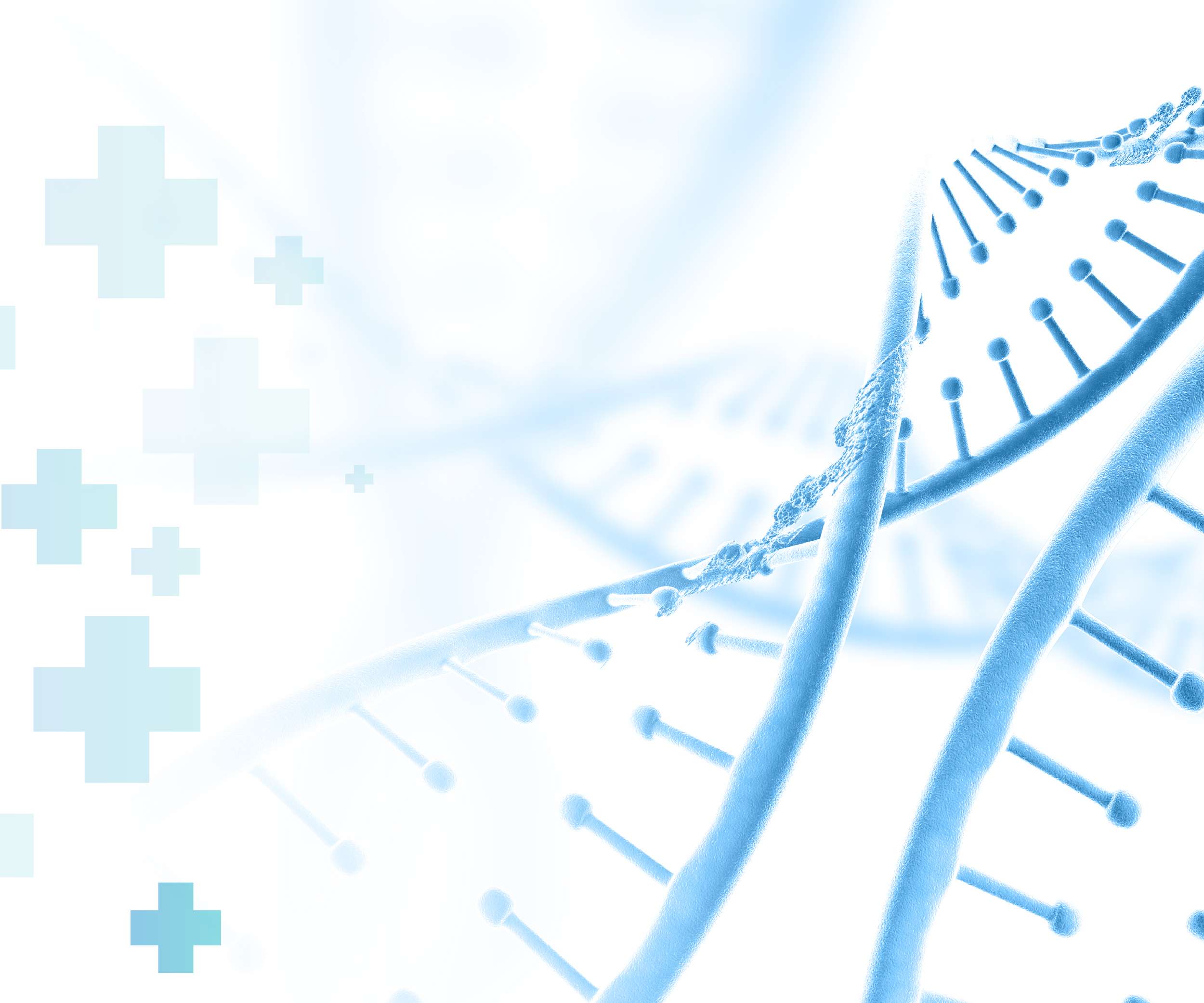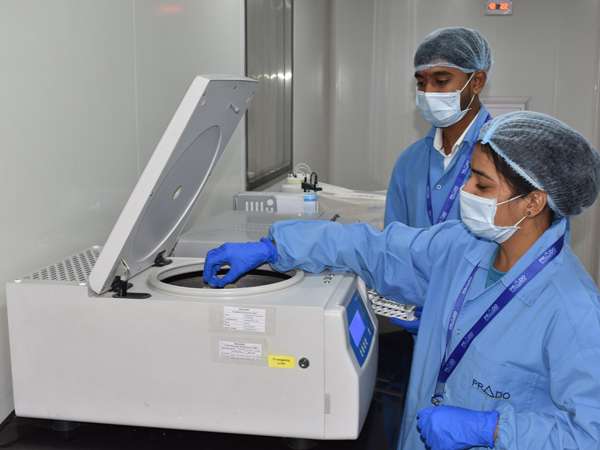In-Vitro & Genotoxicity Services

What is Genotoxicity ?
Spurring innovation to develop safer, more effective devices and implants that address unmet needs, needs assessment improving patient safety. Speeding up the development of medical devices/ implants has a great number of potential benefits; however it is important to protect and promote the public health by minimizing unnecessary risks at all stages of a device’s development. Thus Toxicological testing plays very important role in accelerating discovery and development of medical devices.
Our in vitro genotoxicity testing services provide support in metabolic, toxicokinetic, bioanalytical and biomarker investigations with both qualitative and quantitative data. For identifying the genotoxic potential of compounds, we provide a battery of tests as recommended by regulatory agencies.
Testing in PRADO involves using of validated model systems as described in OECD Test Guidelines for specific adverse outcome pathways. A comprehensive portfolio of in vitro genotoxicology assays includes –
- Reverse Mutation Assay (Ames Assay).
- Mini Ames – Using 2 or 3 strains of Salmonella Typhimurium.
- Full Ames- Using all 5 strains of Salmonella Typhimurium.
- Micronucleus Test (MNT).
- In-Vivo Mammalian Erythrocyte Micronucleus Test in Mice.
- Chromosomal Aberration Assay
- In-Vitro Mammalian Chromosome Aberration Test.
- In-Vivo Mammalian Bone Marrow Chromosome Aberration Test in Mice.
- Gene mutation assays
- Transgenic Rodent Gene Mutation assay (OECD 488)
Pig – a gene mutation assay (OECD 470)
What is Genotoxicity ?)
Spurring innovation to develop safer, more effective devices and implants that address unmet needs, needs assessment improving patient safety. Speeding up the development of medical devices/ implants has a great number of potential benefits; however it is important to protect and promote the public health by minimizing unnecessary risks at all stages of a device’s development. Thus Toxicological testing plays very important role in accelerating discovery and development of medical devices.
Our in vitro genotoxicity testing services provide support in metabolic, toxicokinetic, bioanalytical and biomarker investigations with both qualitative and quantitative data. For identifying the genotoxic potential of compounds, we provide a battery of tests as recommended by regulatory agencies.

Testing in PRADO involves using of validated model systems as described in OECD Test Guidelines for specific adverse outcome pathways. A comprehensive portfolio of in vitro genotoxicology assays includes –

What is Genotoxicity ?)
Spurring innovation to develop safer, more effective devices and implants that address unmet needs, needs assessment improving patient safety. Speeding up the development of medical devices/ implants has a great number of potential benefits; however it is important to protect and promote the public health by minimizing unnecessary risks at all stages of a device’s development. Thus Toxicological testing plays very important role in accelerating discovery and development of medical devices.
Our in vitro genotoxicity testing services provide support in metabolic, toxicokinetic, bioanalytical and biomarker investigations with both qualitative and quantitative data. For identifying the genotoxic potential of compounds, we provide a battery of tests as recommended by regulatory agencies.
Testing in PRADO involves using of validated model systems as described in OECD Test Guidelines for specific adverse outcome pathways. A comprehensive portfolio of in vitro genotoxicology assays includes –
Acute skin sesitiration in rabbit should be acute skin irritation rabbit.
- Mini Ames – Using 2 or 3 strains of Salmonella Typhimurium.
- Full Ames- Using all 5 strains of Salmonella Typhimurium.
- In-Vivo Mammalian Erythrocyte Micronucleus Test in Mice.
- In-Vitro Mammalian Chromosome Aberration Test.
- In-Vivo Mammalian Bone Marrow Chromosome Aberration Test in Mice.
- Transgenic Rodent Gene Mutation assay (OECD 488)
Pig – a gene mutation assay (OECD 470)
